
In this issue:
Upcoming Hearings for the week of April 15
___________________________________________________________________________________________
State Updates
Mental Health Grants Identified for School-Based Health Centers
One in five children experiences serious mental illness, and with the tragic school shooting at Santa Fe High School and the impact of Hurricane Harvey still being felt around the state, increasing access to mental health screening and treatment for youths has become eminent. Last Wednesday, the House Public Health Committee took testimony on House Bill 1335, authored by Rep. Four Price (R-Amarillo), which creates a behavioral health grant program for school-based health centers. School-based health centers allow school districts and community partners, such as local mental health authorities and nonprofit organizations, to develop cooperative health care programs for students and families in schools. Currently, these health centers focus on immunizations, dental health care, health education and preventive health strategies. House Bill 1335 would create a dedicated grant for behavioral health professionals in schools, integrating behavioral health services in the school environment and ultimately improving the emotional well-being and academic performance of at-risk students.
With 1.9 million youths in Texas needing behavioral health services by age 14, integrating behavioral health services in schools will increase access to care at a critical stage in youth development. Testifying in support of HB 1335, Dr. Teandra Gordon, with Legacy Community Health, spoke to the positive impact of providing mental health services in schools, especially for our uninsured or underinsured students. Joining in support were Meadows Mental Health Policy Institute, NAMI Texas, Texans Care for Children, the Hogg Foundation for Mental Health, among other health advocates. There were also witnesses who registered in opposition to the bill, arguing the program would diminish parents’ rights and distract school teachers from focusing on teaching.
Methodist Healthcare Ministries owns and operates two school-based health centers, located on the Schertz and Marion Independent School District campuses in Guadalupe County. Both offer pediatric primary care and dental services, as well as behavioral health counseling. Methodist Healthcare Ministries supports the passage of House Bill 1335 and its efforts to expand early identification and intervention of behavioral health needs for children. The bill was left pending in committee where it awaits further action.
Extending Health Services for Post-Partum Moms
Roughly 1.8 million Texas women are in need of access to preventive health services, yet less than a quarter of these women currently receive the care they need. When women experience gaps in their healthcare coverage, it increases their risk for negative health outcomes. The Texas Maternal Mortality and Morbidity Task Force found that over one-half of pregnancy-related deaths occurred after 60 days postpartum and that 80 percent of these deaths were potentially preventable had these women received access to health care coverage. The House Human Services Committee heard from witnesses last week on House Bill 1110 by Rep. Sarah Davis (R-Houston), which seeks to maximize the utilization of services and programs in the women’s healthcare safety net, reduce the state’s maternal mortality rates and save Texas taxpayer dollars.
As recommended by the Maternal Task Force’s Biennial Report, House Bill 1110 extends coverage for maternal Medicaid benefits from 60 days to 12 months postpartum. Signing up in support of the bill were advocates representing Healthy Futures of Texas, Texans Care for Children, Children’s Defense Fund, the Center for Public Policy Priorities, and The Texas Women’s Health Coalition. The bill was left pending in committee by Chair James Frank (R-Wichita Falls). Methodist Healthcare Ministries joined advocates in support of HB 1110 and efforts by Rep. Davis to improve access to health care services for women which will improve maternal health and reduce poor health outcomes.
Bolstering the Early Childhood Intervention Program in Texas
Annually, the Texas Health and Human Service’s Early Childhood Intervention (ECI) program serves more than 50,000 children statewide between the ages 0-3 with physical, intellectual or mental disabilities. Children in this program receive speech, occupational and in-home therapies which are instrumental to their development. On April 9, House Bill 12 by Rep. Sarah Davis (R-Houston) was heard by the House Human Services Committee. The bill establishes safeguards for the ECI program, eases the burden on providers and increases access to services for families in need.
To develop a sustainable ECI program, the bill’s committee substitute would require private insurers cover select ECI services (e.g., specialized skilled training and case management), ensure parity exists between private insurers and Medicaid, create an ombudsman for ECI providers, and establish an ECI telehealth pilot program. Noted during the hearing was the fact that parents with private insurance often opted not to secure ECI services primarily because not all services are covered by their insurers. Concern was also expressed for parents having to pay high deductibles. Christie Shaw with West Texas Centers testified in favor of the bill, noting the committee substitute would expand their current pilot program and encourage providers be reimbursed for their services.
Between 2010 and 2018 Texas lost 16 ECI providers, impacting 83 counties and more than 7,600 children statewide. Stephanie Rubin with Texans Care for Children emphasized the importance of having an adequate ECI provider network, and that with only 42 current providers for the entire state, the telehealth program would be critical in improving access to services.
Methodist Healthcare Ministries supports increasing access to ECI services which improve childhood outcomes and result in cost savings to the state by reducing the number of children who need special education services later in school. House Bill 12 was left pending in committee. The companion bill, Senate Bill 2225 by Senator Judith Zaffirini (D-Laredo), currently awaits a hearing in the Senate Health and Human Services Committee.
Funding Recovery Community Organizations and Peer to Peer Counseling Model
Substance use disorders affect 1.6 million adults and 1.1 million children in Texas, however, accessing treatment and recovery services is an ongoing challenge. Only 8.6 percent of Texans over the age of 12 who use illicit drugs receive treatment, far below the national average of 14.1 percent. Fortunately, recovery community organizations (RCOs), independent nonprofit organizations led by representatives of local communities of recovery, help connect people to treatment and fill the gap in the SUD treatment infrastructure. These unique organizations provide recovery and family supports through peer-to-peer counseling services. House Bill 1613 by Rep. Joe Moody (D-El Paso) seeks to bolster community-led efforts by RCOs that combat substance use disorder by securing reimbursement for providers who use peer-to-peer counseling services.
RCOs participate in organizing recovery-focused community education, outreach programs and peer-based support services. HB 1613 defines the parameters, certification requirements, training requirements and the scope of RCOs to qualify for Medicaid reimbursements. Currently, RCOs are sustained through federal, state and private grants. The implementation of a billable service through the Medicaid program, however, would allow RCOs to focus on increasing the quality of long-term recovery services. Advocates of the RCO model testified on the value of the peer-to-peer model of care, the cost-effectiveness of RCOs and how the program ensures fidelity to recovery.
Increasing access to behavioral health and substance use disorder services through the peer-to-peer counseling model is a priority for Methodist Healthcare Ministries, which recognizes the vital importance in accessing treatment and saving lives. HB 1613 was left pending in committee.
Bill Looks to Increase Telepharmacy Sites in Rural Counties
The link between poor medication adherence and hospital readmissions is well documented. A single day gap in medication therapy increases the chance of hospitalization by 50 percent. By contrast, having a pharmacy located at a clinical site that provides medications to patients upon leaving a medical visit, can reduce rehospitalizations by 40 percent. On Wednesday, the House Public Health Committee took testimony on House Bill 1706 by Representative Tom Oliverson (R-Houston), which seeks to increase access to prescription medication in underserved communities by expanding the list of healthcare facilities eligible to host a telepharmacy site to include: federally qualified health centers, community health centers, birthing centers, hospitals, ambulatory surgical centers, outpatient clinics and public health clinics.
Low volume of prescriptions, notably in rural areas, prevents pharmacies from being staffed by pharmacists. Fortunately, current law allows remote pharmacies to operate in rural areas using a telepharmacy system, with the stipulation that they be located at least 22 miles from a Class A pharmacy. At these remote dispensing sites, the pharmacy technician fills the prescription, has the prescription reviewed by a pharmacist using technology, and remotely secures a 2-way HIPAA compliant consultation between the patient and pharmacist. House Bill 1706 directs telepharmacies to operate in a setting which will allow for convenient access to a pharmacist, increasing first-fill and medication adherence rates. Witnesses in support testified that the bill would allow a community mental health center to co-locate a pharmacy dispensing site at a satellite campus to reach the most vulnerable patients, namely those with mental illness.
Methodist Healthcare Ministries supports the efforts of House Bill 1706 to increase access to medications for patients in underserved and remote areas of the state, ultimately working toward improving patient outcomes, curbing hospital readmissions and decreasing overall healthcare costs. HB 1706 was left pending in committee, awaiting further action.
Upcoming Hearings for the week of April 15
For more information on health care research, policy or advocacy, please contact Chris Yanas at cyanas@mhm.org.
Back to Top





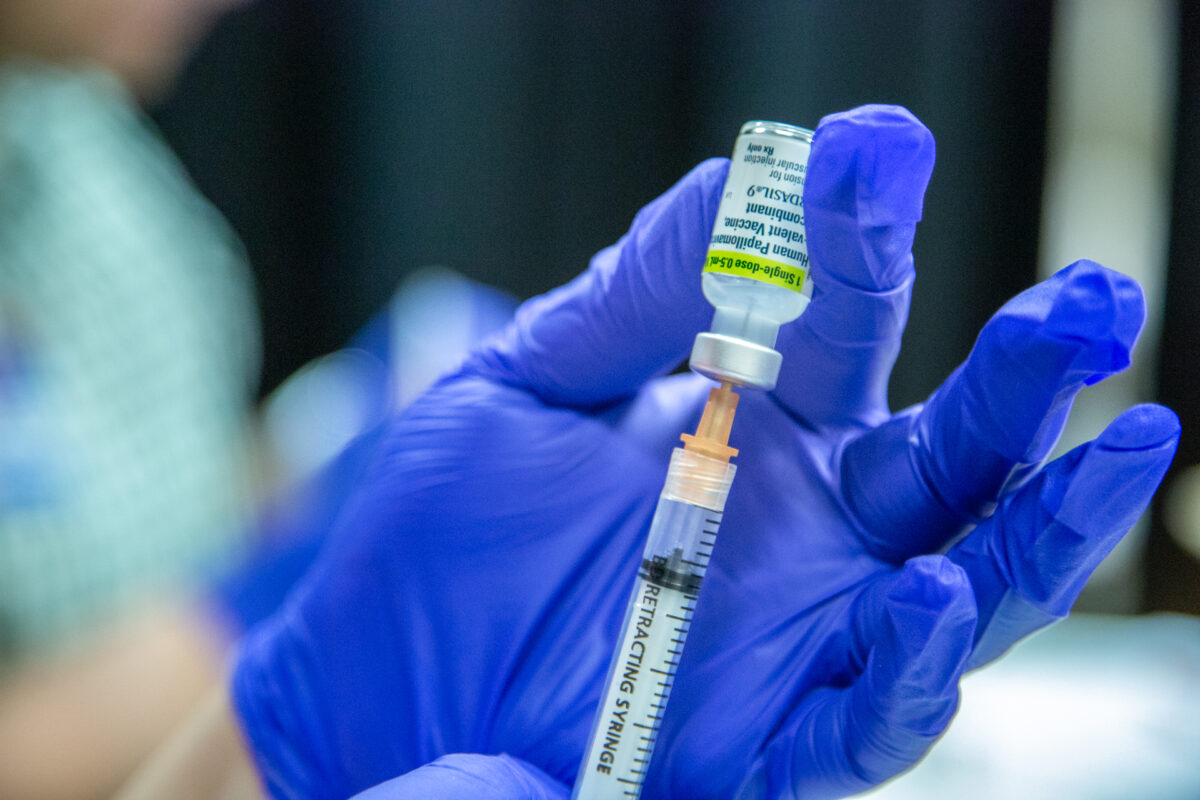
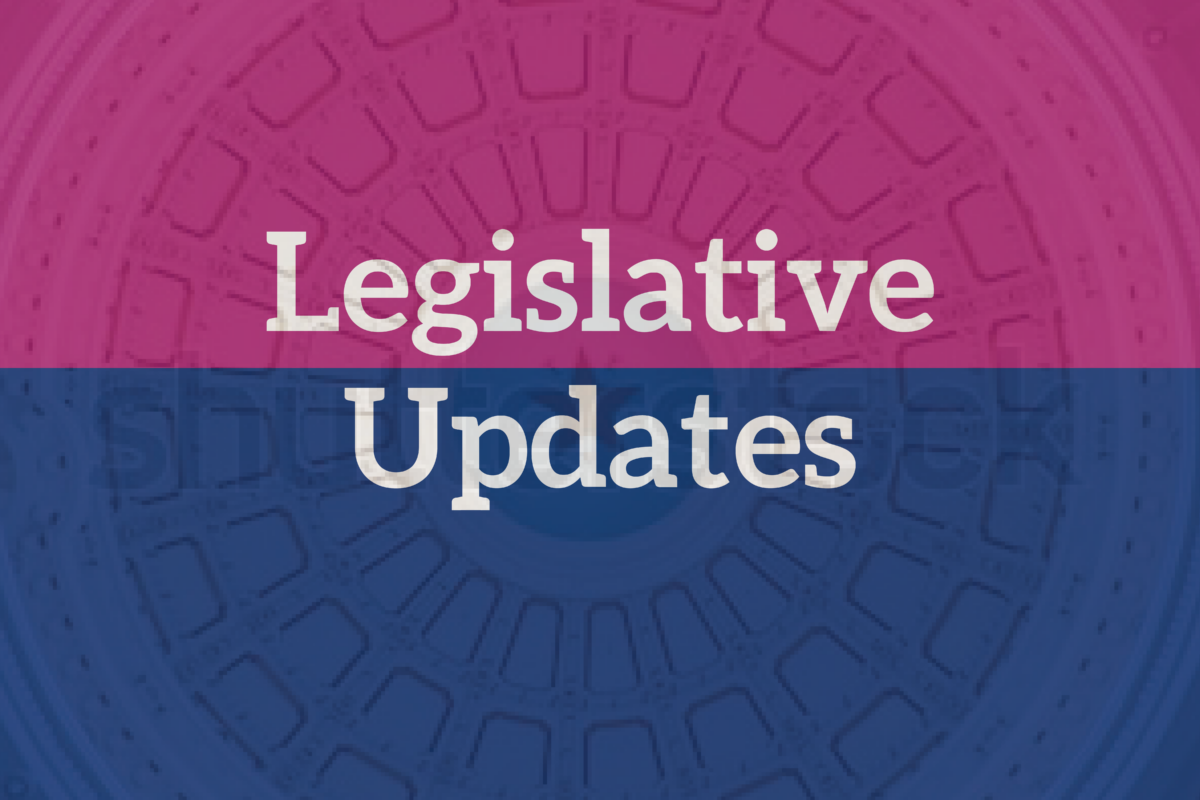




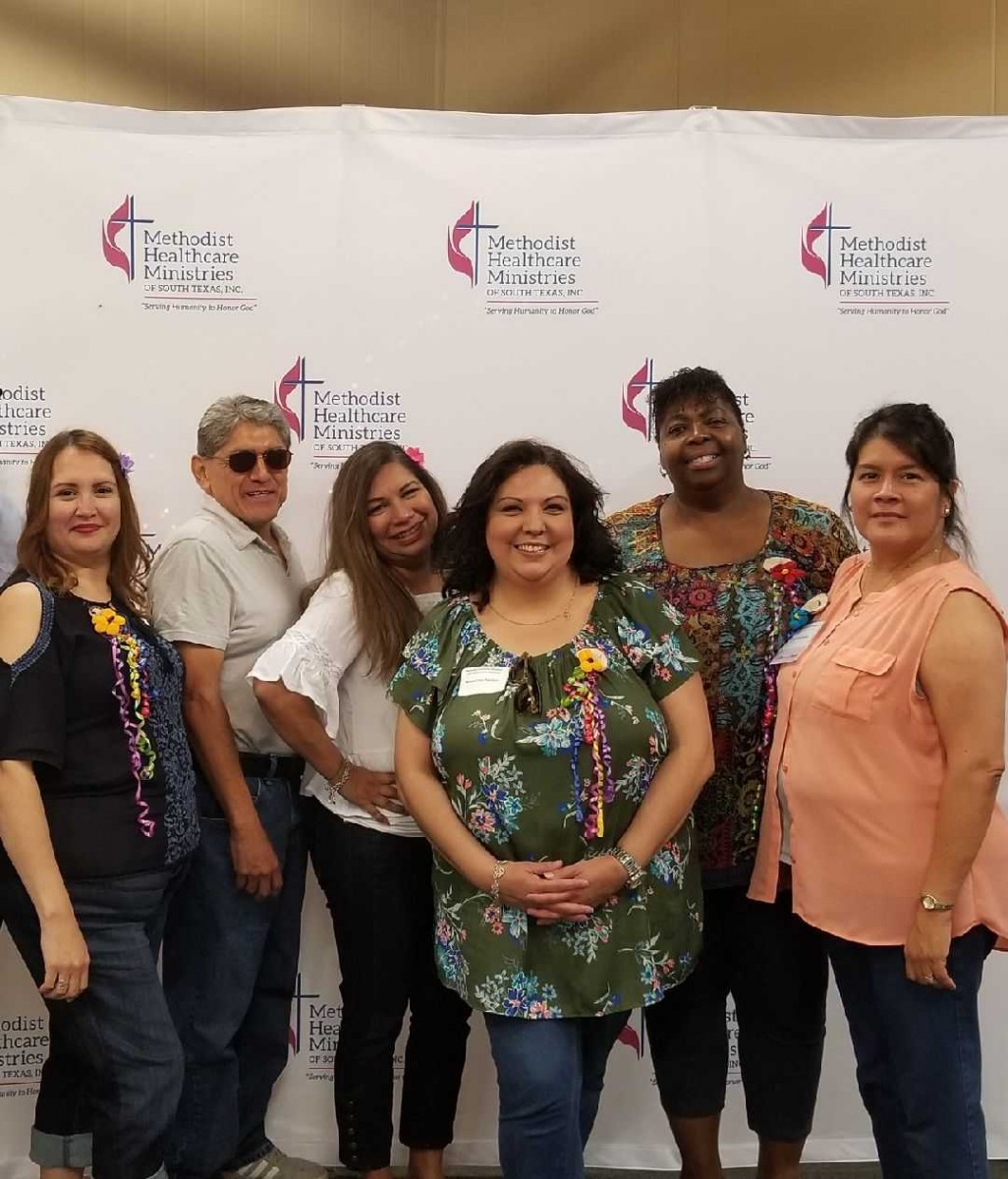
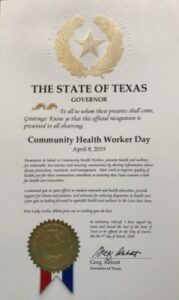
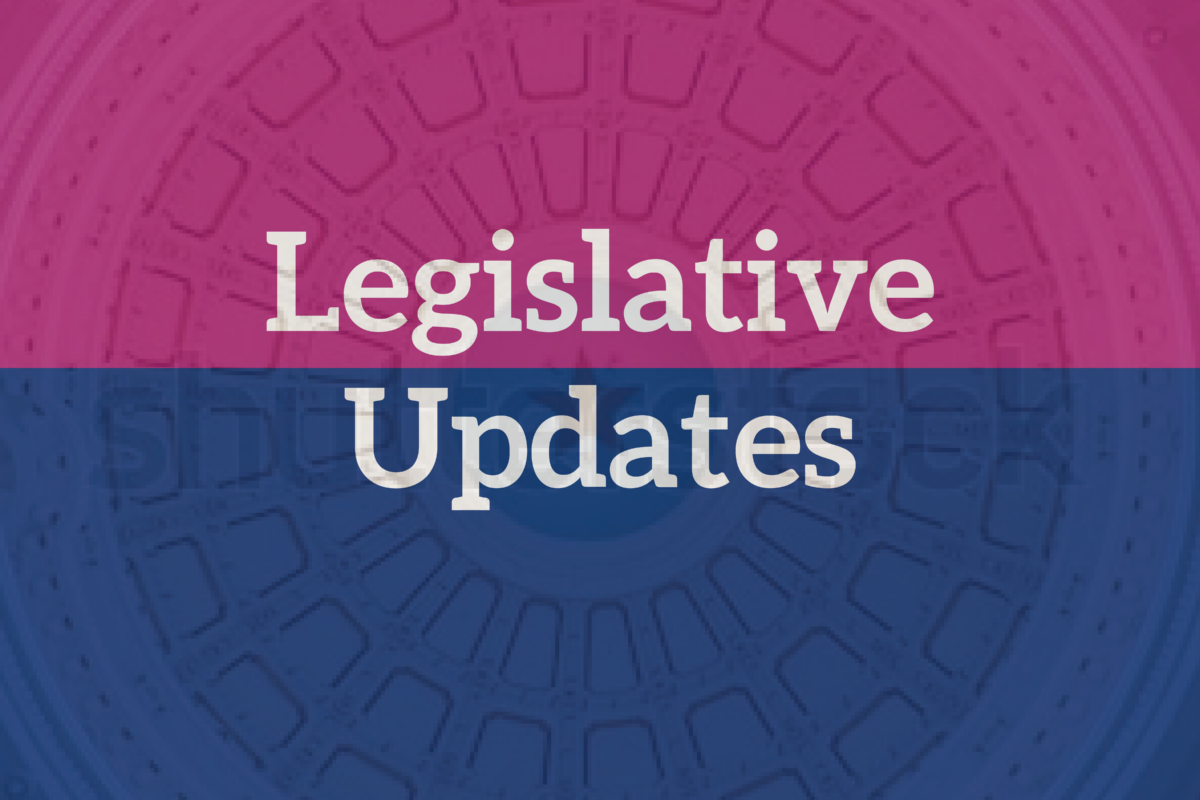
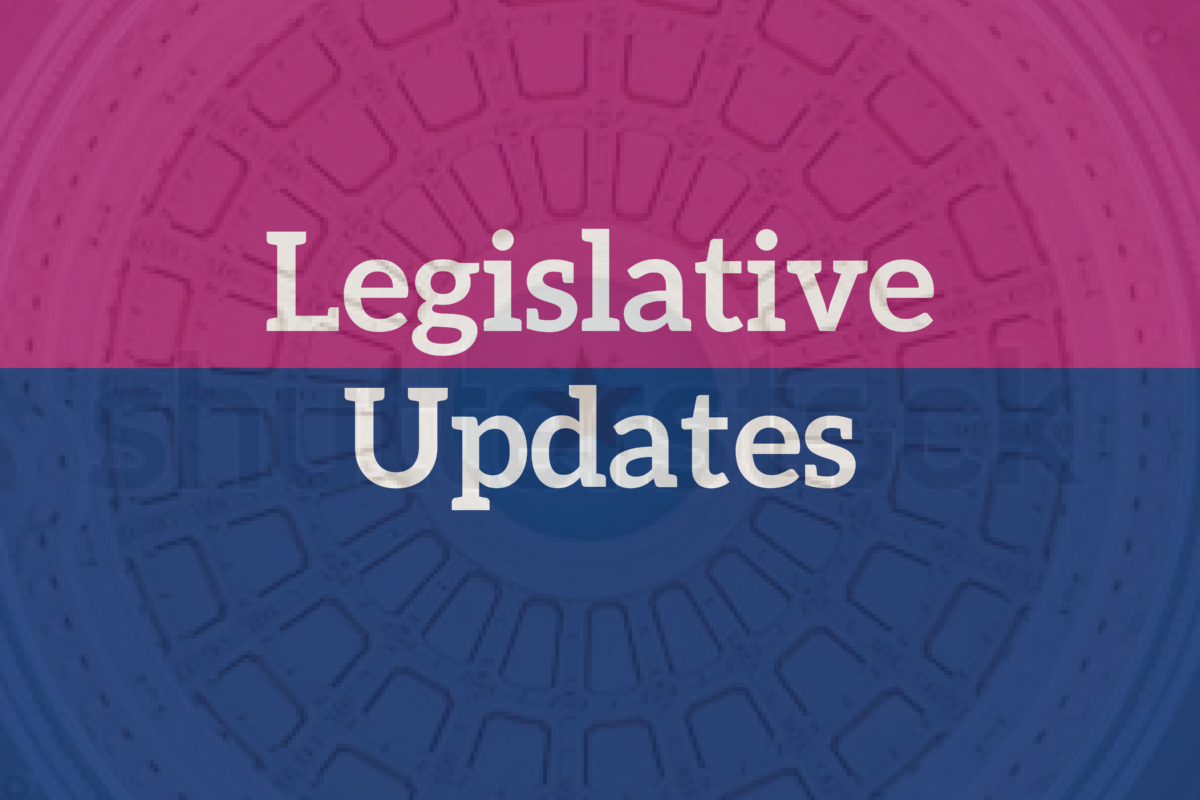


 San Antonio, Texas, April 9, 2019 – Methodist Healthcare Ministries of South Texas, Inc. has appointed Xochy Hurtado to the role of chief operating officer (COO). Hurtado is a native Texan and seasoned healthcare executive, having served in leadership roles at hospitals in San Antonio, the Upper Gulf Coast and across South Texas. As COO, Hurtado will lead the organization’s operations in San Antonio and across its 74-county service area in South Texas.
San Antonio, Texas, April 9, 2019 – Methodist Healthcare Ministries of South Texas, Inc. has appointed Xochy Hurtado to the role of chief operating officer (COO). Hurtado is a native Texan and seasoned healthcare executive, having served in leadership roles at hospitals in San Antonio, the Upper Gulf Coast and across South Texas. As COO, Hurtado will lead the organization’s operations in San Antonio and across its 74-county service area in South Texas.
